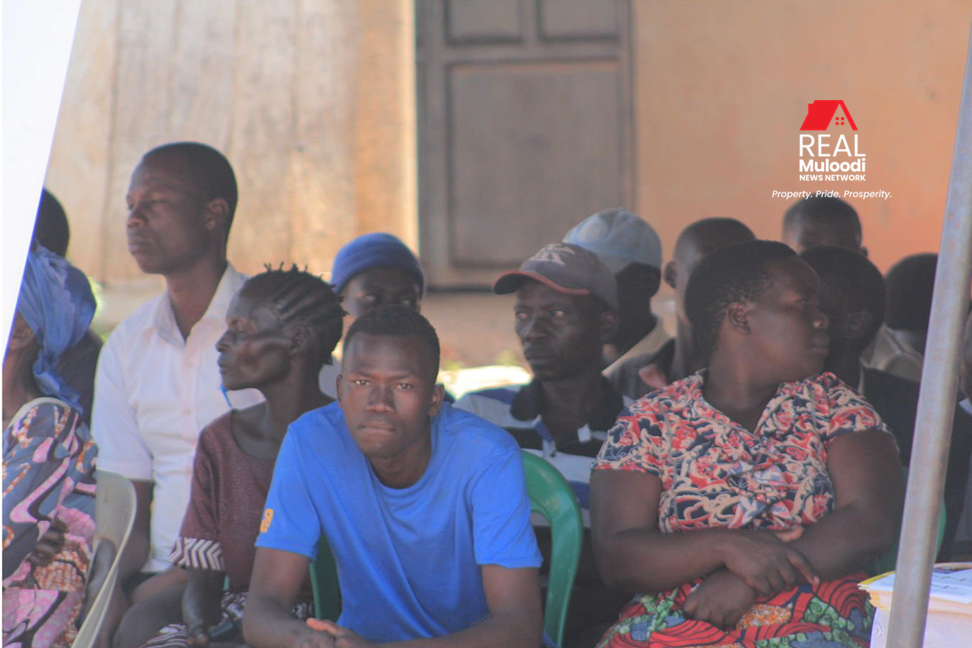UGANDA, Nebbi | Real Muloodi News | Residents of Erusi Sub County, Nebbi District, located in the West Nile region of Uganda, recently received valuable insights into their land rights and constitutional entitlements regarding land ownership.
Despite being renowned for its fertile land and agricultural potential, the West Nile region has grappled with persistent challenges and opportunities concerning land governance.
Issues such as land tenure insecurity, land grabbing, gender disparities in land ownership, limited access to information and justice, as well as land management practices, have been prevalent.
The Eastern and Southern Africa Small Scale Farmers’ Forum (ESAFF) Uganda took proactive steps to address these concerns by organising a two-day land rights camp in the region.
The primary objective was to raise awareness about responsible land governance and women’s land rights, crucial for fostering inclusive and sustainable development.
Additionally, the camp aimed to facilitate discussions on sustainable land management practices and the integration of responsible agriculture investment protocols.
Hakim Baliraine, the national board chairperson for ESAFF Uganda, emphasised the importance of promoting food security and responsible land governance through awareness creation and capacity building among farmers.
He highlighted the significance of community engagement tools in achieving these goals.
Ronald Bagaga, the research and policy analyst at ESAFF, underscored the prevailing ignorance among locals regarding their land rights.
He emphasised the role of legal aid facilitated by organisations like the Federation of Women Lawyers (FIDA) and partners in providing crucial information to communities.
ESAFF Uganda, in collaboration with Oxfam in Uganda, has been actively supporting small-scale farmers, particularly women, in securing their land rights since 2011. Despite these efforts, land rights challenges persist in the region.
Robert Abak, the Nebbi Resident District Commissioner, shed light on the root causes of land issues in the region, attributing many challenges to family disputes.
He highlighted the role of mediation in resolving conflicts arising from inheritance and widowhood, where widows are often accused of witchcraft and denied access to land by their in-laws.
In addition to activities in West Nile, ESAFF, in partnership with organisations like OXFAM, continues to conduct land rights camps across Uganda to educate local communities about their constitutional rights to secure land tenure.
READ MORE LIKE THIS:
Feasibility Study Begins for Proposed West Nile Industrial Parks
West Nile Residents Donate 2,000 Acres of Land for Industrial Parks
Full Details: Understanding Uganda’s Tenure System Before Investing in Land



